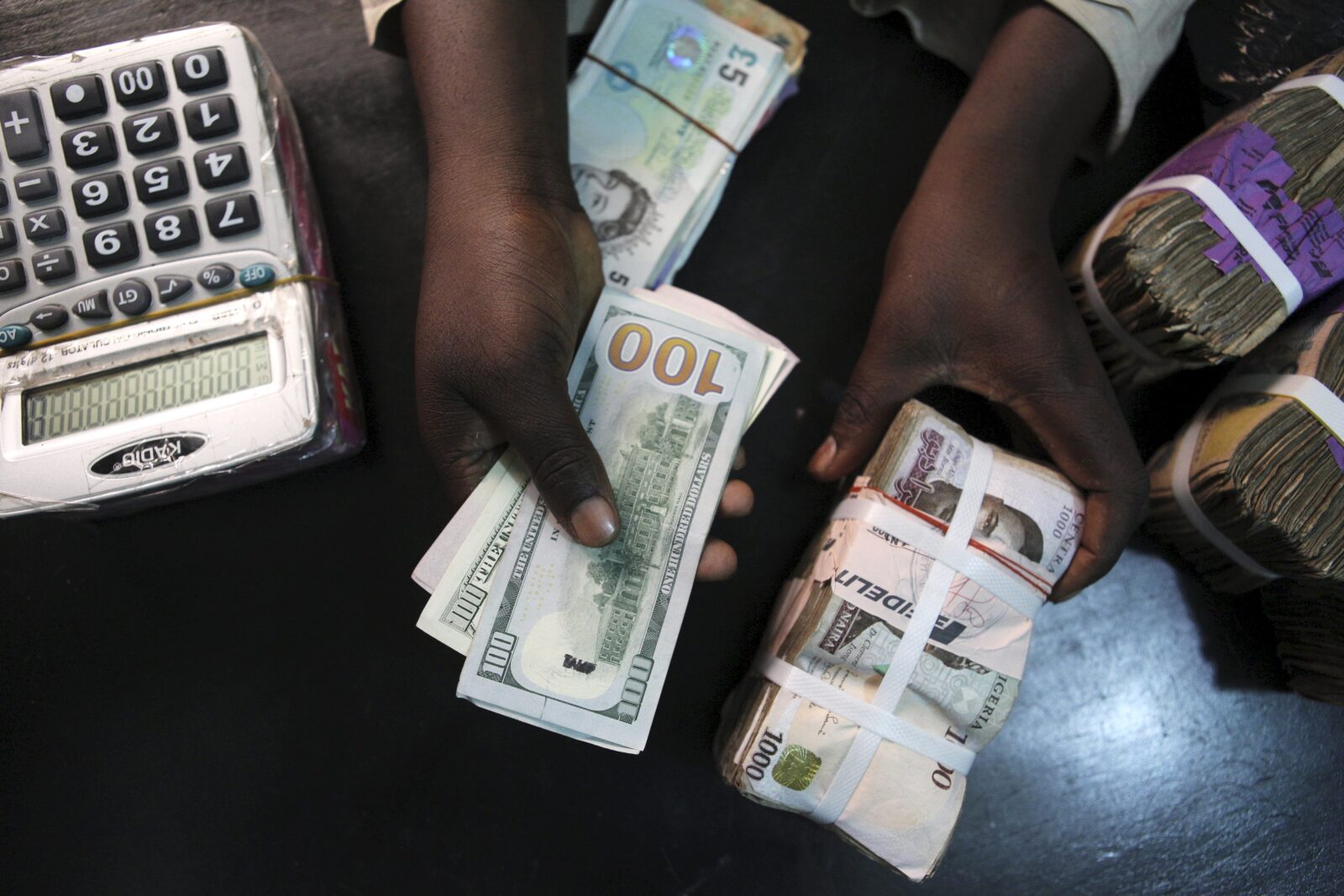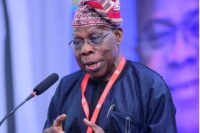By Chinwendu Obienyi
Foreign exchange (FX) inflows into the Nigerian Foreign Exchange Market (NFEM) declined significantly in July 2025, dropping by 20.9 per cent month-on-month (m/m) to $3.83 billion from $4.84 billion in June.
The sharp contraction was driven by a slump in inflows from both foreign and local sources, with foreign investor participation falling most steeply, according to data released by FMDQ.
The data shows that foreign sources accounted for 45.8 per cent of total inflows in July, while local sources made up the remaining 54.2 per cent. However, it was the drop in foreign inflows that exerted the most downward pressure on overall performance, raising fresh concerns about foreign investor sentiment and portfolio rebalancing in response to global and domestic factors.
Specifically, foreign inflows into the NFEM fell by 35.6 per cent to $1.75 billion in July, compared to $2.73 billion recorded in June. Within the segment, all three major categories, foreign direct investments (FDIs), foreign portfolio investments (FPIs), and other corporate inflows, recorded steep declines.
FDIs experienced the sharpest contraction, dropping by 79.8 per cent m/m, indicating waning long-term investor confidence in the country’s macroeconomic stability and investment climate. FPIs, which are typically more responsive to interest rate differentials and currency movements, declined by 34.8 per cent m/m, while inflows from other corporates fell by 60.1 per cent.
On the local front, inflows dipped marginally by 1.9 per cent m/m to $2.07 billion in July, from $2.11 billion in the previous month. The decline was primarily driven by a 30.1 per cent reduction in inflows from the Exporters and Importers segment, traditionally a major source of FX supply.
However, some sub-segments within local inflows showed resilience and even strong month-on-month growth. Inflows from individuals rose significantly by 117.5 per cent, reflecting increased diaspora remittances and other personal transfers. The Central Bank of Nigeria (CBN) also increased its contribution to the FX market, with inflows rising by 77.8 per cent. Similarly, non-bank corporate inflows edged up by 5.4 per cent.
Speaking on the development, market analysts suggest the drop in FPIs may be partly due to profit-taking activities and cautious positioning ahead of global interest rate adjustments, as well as concerns over liquidity in the country’s official FX market. They also point to global risk-off sentiment and domestic policy uncertainty as factors dampening the appetite for Nigerian assets.
Despite the overall dip in July, analysts remain cautiously optimistic about near-term trends. Many expect FX inflows to stay relatively robust in the second half of the year, buoyed by improving market sentiment, efforts by the CBN to enhance transparency, and the attractiveness of naira-denominated assets.
“In the near term, we expect foreign exchange inflows from both local and foreign sources to remain robust, surpassing 2024 levels (2024 FY average: USD2.51 billion) driven by improving market confidence and still-attractive naira yields for foreign portfolio investors (FPIs)”, analysts at Cordros Research said in an emailed note.
Notably, the July figure of $3.83 billion still exceeds the 2024 full-year average of $2.51 billion, highlighting the significant improvement in FX inflows since the liberalisation of the currency regime and the return of some foreign capital.
“There is evidence that the market is finding its footing, even if foreign inflows remain volatile,” said one Lagos-based economist. “As long as yields stay elevated and the FX market remains transparent, portfolio investors will keep testing the waters.”
However, challenges persist. Nigeria continues to grapple with inflationary pressures, a weak fiscal position, and the need for broader structural reforms to support sustained capital inflows. In particular, unlocking more stable FDI flows will require improvements in the ease of doing business, energy access, and policy clarity.
Going forward, stakeholders will be closely watching the policy direction of the CBN, particularly in relation to interest rates, FX market interventions, and reserve management, all of which have a direct bearing on the confidence of foreign and local investors alike.
As of now, the short-term outlook appears mixed: while structural reforms and attractive yields may support further inflows, geopolitical risks and domestic policy implementation remain potential headwinds.

















Leave a comment